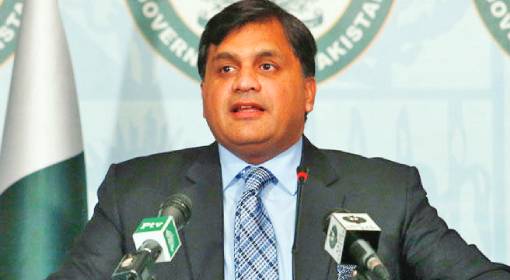Washington: The Indian foreign policy is no more, lax. The space of Indian policy interests has expanded over the last 20 years. Alice Wells, the Deputy Secretary for Central and South Asia, in the US State Department, inferred that therefore, the Indian foreign policy has become more proactive. Wells further added that this change in the Indian policy is clearly visible in the Indo-Pacific region.
 Alice Wells was in India a few days ago, to attend the security-related RAISINA Dialogue. Ms Wells addressed a press conference after returning to the homeland and made a special mention of the changed Indian foreign policy. Since the last 20 years, the space of Indian policy interests has been expanding. Saying that as a result, the Indian foreign policy has shed its laxity and has become proactive, Ms Wells added that this change is favourable for the United States.
Alice Wells was in India a few days ago, to attend the security-related RAISINA Dialogue. Ms Wells addressed a press conference after returning to the homeland and made a special mention of the changed Indian foreign policy. Since the last 20 years, the space of Indian policy interests has been expanding. Saying that as a result, the Indian foreign policy has shed its laxity and has become proactive, Ms Wells added that this change is favourable for the United States.
The maritime security cooperation between India and the United States, Indian participation in QUAD and the Indian Act East policy, shows the proactive nature of the Indian foreign policy. India, The United States, Japan and Australia have formed QUAD to stop Chinese aggression in the Indo-Pacific region. Cooperation between these four countries has already started showing positive results, in the Indo-Pacific region and the smaller countries terrorised by Chinese might are feeling at ease. Against this background, cognisance taken by Alice Wells, of the proactiveness in the Indian foreign policy becomes significant.
Alice Wells is sending a message in the political language that India is making necessary changes in its foreign policy with a more definite stance, recognising the aggressive and dominant Chinese activities.











